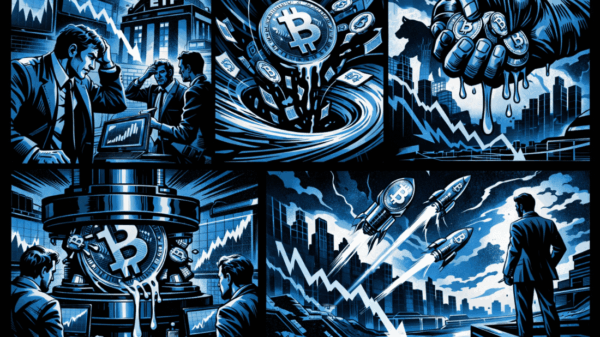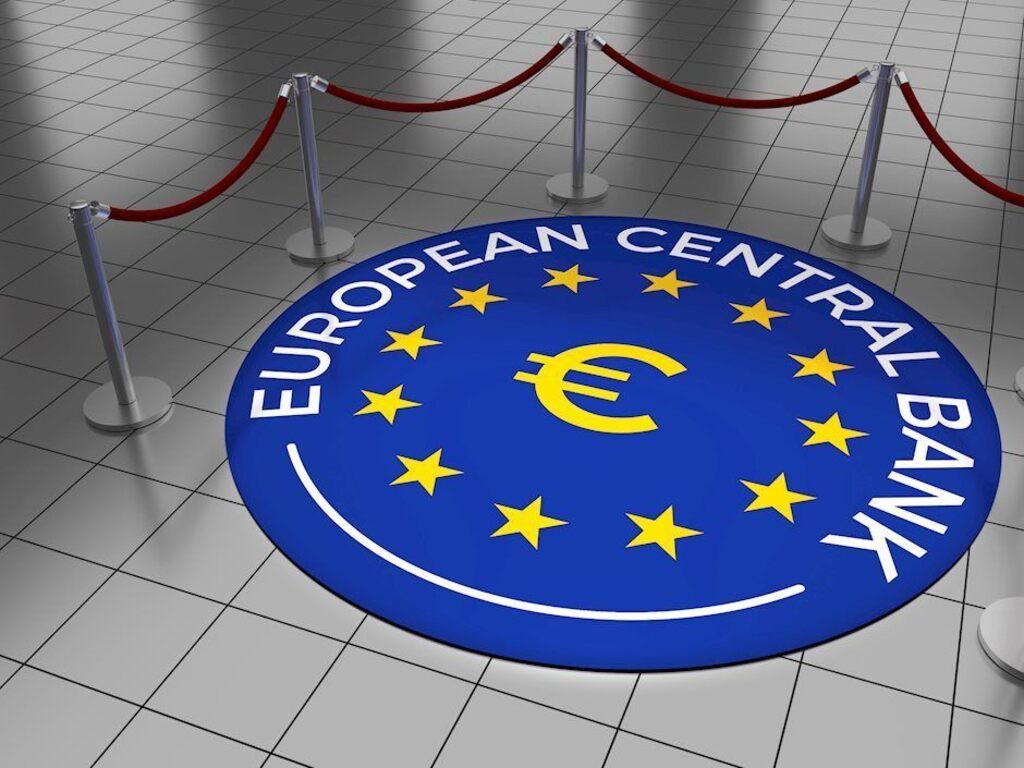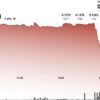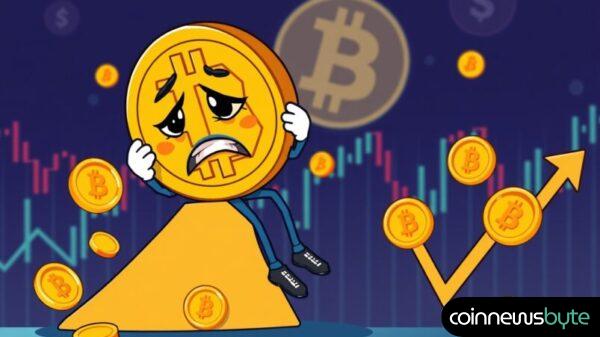In a recent interview with Helsingin Sanomat, European Central Bank (ECB) official Olli Rehn expressed significant concerns regarding the potential for weakening inflation within the eurozone. As the region nears the ECB”s targeted inflation rate of 2%, Rehn noted that factors such as falling energy prices, reduced wage pressures, and a strengthened euro could pull inflation below this critical threshold.
Rehn cautioned that while current inflation rates are close to the target, the threat of excessively low inflation remains a pressing issue. He acknowledged that there are contrasting risks that could drive inflation higher, yet emphasized the necessity for policymakers to carefully analyze these dynamics as they prepare for their forthcoming policy decisions.
The ECB has already seen a series of eight rate cuts, bringing the deposit rate down to 2%. However, the upcoming meeting is not expected to result in any significant shifts in this rate. Rehn urged that both inflationary and deflationary pressures must be closely monitored as the economic landscape evolves.
Additionally, Rehn pointed out increasing pressures on global stock markets, highlighting that current valuations appear stretched, largely fueled by the hype surrounding artificial intelligence advancements in the United States. He remarked that while economic growth and corporate earnings are not keeping pace with one another, this disparity poses vulnerabilities that could lead to a market correction.
In terms of the eurozone”s overall economic health, Rehn noted that despite ongoing trade tensions, particularly with U.S. tariff policies, the region continues to expand, albeit at a slower rate. Recent statistics revealed a modest growth rate of 0.2% in the third quarter, which, while generating a sense of optimism, also highlighted that nearly half of the bloc”s output came from countries that experienced no growth or contraction. Notably, Germany and Italy have shown no signs of improvement, raising concerns among officials about the implications for future policy decisions.
Rehn”s statements reflect the ongoing challenges that the ECB faces as it navigates a complex monetary environment marked by declining inflation rates and uneven economic expansion. With policymakers remaining cautious even after multiple rate cuts, future risks, including the potential stalling of the European Union”s carbon pricing plan, will require diligent oversight. As the ECB deliberates its next moves, the balancing act between managing price stability and addressing financial vulnerabilities remains a critical focus.















































































